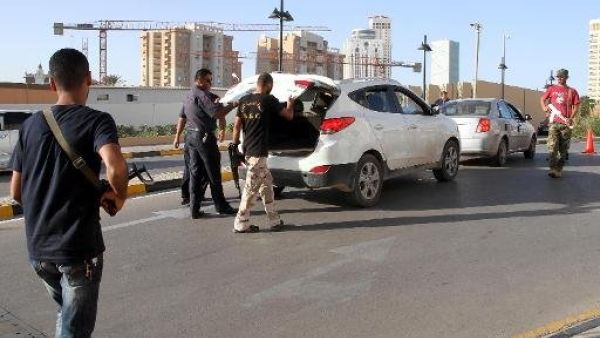Libya is planning to resume oil production at its El Sharara oil field this week, officials told Reuters Thursday.
El Sharara, one of Libya's largest oil fields, has been blocked by protestors since October which has "crippled" the country's oil sector and economy more generally. The protesting tribesmen have been calling for greater local power in the field's operations and revenues, and have stopped the nearly 350,000 barrels per day (bpd) from being exported over the past two months in protest.
The government reported that the protestors have agreed to end their strike after ministry officials agreed to listen to the tribesmen's demands. Specifically, the protestors have called on the national government to permit them to set up a local council and grant national identity cards for Tuareg tribesmen, a minority group in Libya.
Libya's State National Oil Corp (NOC) told reporters that engineers are gearing up to restart production within the next three days.
However, international consumers still seem skeptical. According to oil analyst Olivier Jakob of Petromatrix in Zug, "Information out of Libya needs to be taken with some caution until confirmed by facts, but this could bring a temporary increase in Libya production to about 600,000 barrels a day."
Libya's local militias and tribesmen have been seizing key oil fields and ports throughout the country as leverage to negotiate with the central government for political and financial changes.
Since oil is the main source of funding for the government budget and food imports, seizing the oil field has been a critical "battlefield" between government and local militia demands, but has also added another layer to a series of events that is crippling the country's stability politically and economically since the oust of Moammar Gaddafi in 2011.








